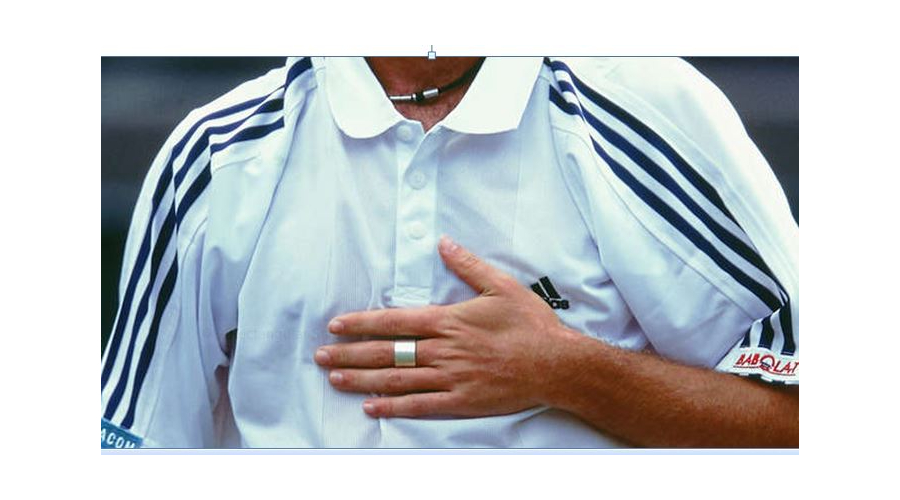4 August 2022
Anne Taylor
Quote.
A heart palpitation is a general term used to describe any type of irregularity in the heartbeat. In most cases, heart palpitations are harmless and temporary. However, they can occasionally be a sign of a more serious underlying heart condition (via Self). Heart palpitations can feel like your heart is racing, fluttering, or pounding. They can also feel like arrhythmias, which are changes in your heartbeat that can be caused by things like stress, anxiety, medications, or underlying medical conditions.
If you're healthy, there's usually no need to worry about heart palpitations. However, if you have other risk factors for heart disease, such as high blood pressure or diabetes, you may be more likely to develop a serious problem. If you have any concerns, it's always best to speak with your doctor. If you have heart palpitations that are accompanied by other symptoms, such as chest pain, shortness of breath, or fainting, it's important to seek medical attention right away. These could be signs of a more serious underlying heart condition, such as a heart attack or arrhythmia.
How To Keep Your Heart Healthy
Heart palpitations are significantly less worrisome when you have a healthy heart. While some health conditions are out of our control, there are many ways you can improve your heart health now and for years to come. The most important thing you can do for your heart is to exercise regularly (via Mayo Clinic). Physical activity strengthens your heart muscle and improves your heart's ability to pump blood. Even moderate exercise, such as brisk walking, has many health benefits.
Of particular importance to the Solomon Islands (General Advice)
In addition to exercise, eating a healthy diet is essential for a healthy heart. Choose foods that are low in saturated and trans fats, cholesterol , and sodium. Eat plenty of fruits, vegetables, and whole grains. These foods are rich in nutrients that support heart health. If you smoke cigarettes or use other tobacco products, quitting is one of the best things you can do for your heart. Tobacco use greatly increases your risk of developing heart disease. If you need help quitting, talk to your doctor about programs and treatments that can help you kick the habit for good.
End of Quote.
Source MSM Health News
Yours sincerely
Frank Short



